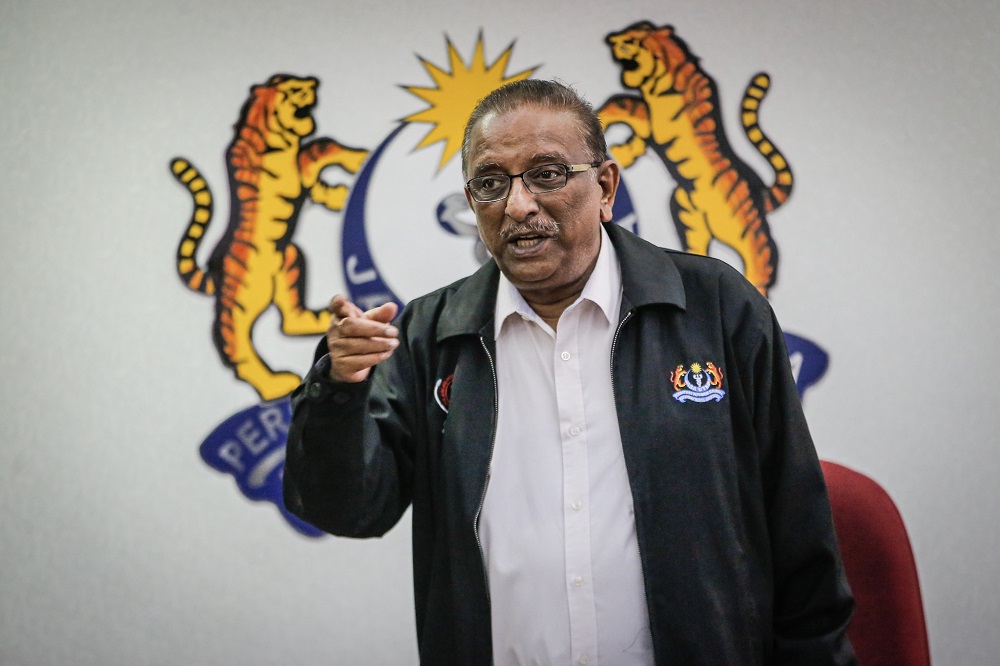KUALA LUMPUR, July 26 — The Malaysian Medical Association (MMA) today urged Putrajaya to use the ongoing recovery movement control order (RMCO) to initiate much-needed reforms in the healthcare sector.
It said the Covid-19 pandemic has exposed the strain on Malaysia’s public healthcare system and urged the government to form partnerships with general practitioners (GPs) in private practice to reduce the burden and financial cost on the country.
“The government cannot continue to be the operator and regulator at the same time. Separation of power and governance structure must be in place to safeguard the interest of the patient.
“This should be part of the agenda and a timeline should be set to achieve that,” MMA president Dr N. Ganabaskaran said in a statement today.
“The recovery phase of the MCO may be the best time to initiate these much-needed reforms in our healthcare system. All we need now is the political will,” he added.
Dr Ganabaskaran said universal health coverage should be prioritised and the government should use the 7,000 GPs trained under the Ministry of Health (MOH) to act as its limbs in the improvement of the country’s healthcare.
He said setting up a virtual one-stop crisis centre would be a possibility through the sharing of information, especially with Covid-19 infections still a major concern worldwide.
“But disappointingly, we have seen a lack of engagement with the GPs throughout the management of the Covid-19 crisis.
“Singapore, on the other hand, has capitalised on making GPs their surveillance partners at the community level by setting up Public Health Preparedness Clinics,” he said.
The MMA has been pushing for healthcare reform and previously warned that overworked public healthcare workers would not be able to cope if a new shift system were introduced at government clinics as the new norm in tackling Covid-19.
In his statement today, Dr Ganabaskaran highlighted the need for long term planning for permanent positions for contract medical officers, allied health workers and government specialists.
He said Malaysia has a high output of medical graduates that are underutilised but before that various issues of mal-distribution of healthcare workers, fair remuneration and work-life balance need to be prioritised.
He also hoped MOH will relook its budget for health resources in the next 10-year National Health Agenda 2020-2030 to meet standards set by the World Health Organisation.
“Our Health D-G has often highlighted the auditor general’s reports stating that the MOH is underfunded, overworked and understaffed,” Dr Ganabaskaran said.
He also suggested digitalising healthcare for uniform reporting and medical records.
He said a national budget should be allocated and a timeline should be set for it.



















